
Which Tender is Right for Your Business? How to Make Right Choice in Tendering?
The only way to identify the right tenders for your business is by understanding your deal-breakers and letting them guide your decision-making process. By recognizing these non-negotiable factors, you can determine what aligns with your capabilities and objectives, enabling you to make informed choices. Applying for a tender requires a commitment to deliver your services or products for a specific duration. It is crucial to assess your company's capacity to fulfill the obligations within the allotted time frame. Overconfidence must be avoided, and instead, a realistic evaluation of your capabilities should guide your tender selection process.
Define Your Deal-Breakers: Before embarking on the tender selection process, clearly identify your deal-breakers. These are the criteria or factors that are essential for your business and cannot be compromised. Examples could include project timelines, minimum financial requirements, necessary technical expertise, or specific certifications. By establishing your deal-breakers, you can quickly eliminate tenders that do not align with your core requirements, saving time and effort.
Assess Your Company's Capacity: Conduct an honest evaluation of your company's capacity to deliver on the tender requirements. Consider factors such as available resources, infrastructure, manpower, expertise, and financial stability. It is vital to have a realistic understanding of your capabilities and limitations. Applying for tenders beyond your capacity can lead to unsuccessful outcomes and damage your business's reputation. Focus on tenders where you have the necessary expertise and resources to meet the stated obligations effectively.
Research and Identify Suitable Tender Opportunities: Thoroughly research and identify tender opportunities that align with your business needs and capabilities. Utilize various resources such as government portals, industry-specific websites, tender notification services, and networking channels. Stay updated on trade shows, industry publications, and relevant contacts to discover potential tender opportunities. Filter and shortlist tenders that match your deal-breakers and capacity, ensuring a more targeted and efficient approach.
Read and Understand Tender Documentation: Once you have identified a potential tender, obtain the tender documentation and carefully review it. Pay close attention to the scope of work, evaluation criteria, terms and conditions, submission requirements, and deadlines. Understanding the tender documentation is crucial for determining whether your business can meet the stated requirements. Be sure to note any mandatory qualifications, technical specifications, or specific instructions outlined in the tender document.
Perform a Cost-Benefit Analysis: Conduct a comprehensive cost-benefit analysis before committing to a tender. Consider the potential costs associated with participating in the tender process, including bid preparation expenses, compliance requirements, and any additional costs involved in executing the project if you win the tender. Compare these costs against the potential benefits, such as revenue, market expansion, or strategic advantages. Ensure that the tender opportunity offers a favorable return on investment and aligns with your long-term business goals.
Seek Clarifications: If you have any doubts or require clarifications regarding the tender, do not hesitate to reach out to the designated authority or organization responsible for issuing the tender. Seek clarification on any technical aspects, submission procedures, contractual terms, or other details that may impact your decision-making process. Clear communication and a thorough understanding of the tender requirements are essential to make an informed decision.
Craft a Strong and Tailored Bid: If you decide to proceed with a tender, invest time and effort into preparing a compelling bid. Tailor your bid response to showcase your business's unique strengths, relevant experience, qualifications, and proposed solutions. Clearly demonstrate how your business can add value and meet the client's needs effectively. Ensure that your bid highlights your competitive edge while addressing all the requirements outlined in the tender documentation.
Submit Your Bid Timely: Adhere to the tender submission deadline and ensure that your bid is submitted on time. Late submissions are generally not accepted, so double-check all the required documents, forms, and attachments to ensure completeness and accuracy. Keep records of your bid submission for future reference and follow up with the tendering authority to confirm receipt.
Post-Submission Follow-up: After submitting your bid, proactively follow up with the tendering authority to confirm the receipt of your proposal. Inquire about the evaluation process, timelines, and expected announcement dates if permitted. Stay responsive to any requests for additional information or clarifications that may arise during the evaluation phase. Maintaining open communication and professionalism can help strengthen your chances of success.
Choosing the right tender for your business requires a careful evaluation of your deal-breakers, capacity, and long-term goals. By aligning your bid strategy with these factors, you can focus on tenders that offer the best fit for your business. Thoroughly research and analyze each tender opportunity, ensuring they meet your core requirements and offer a favorable return on investment. With a well-informed and tailored approach, you can maximize your chances of success in the competitive tendering landscape. Still if you need any assistence we are a call away: +91 8600288980.

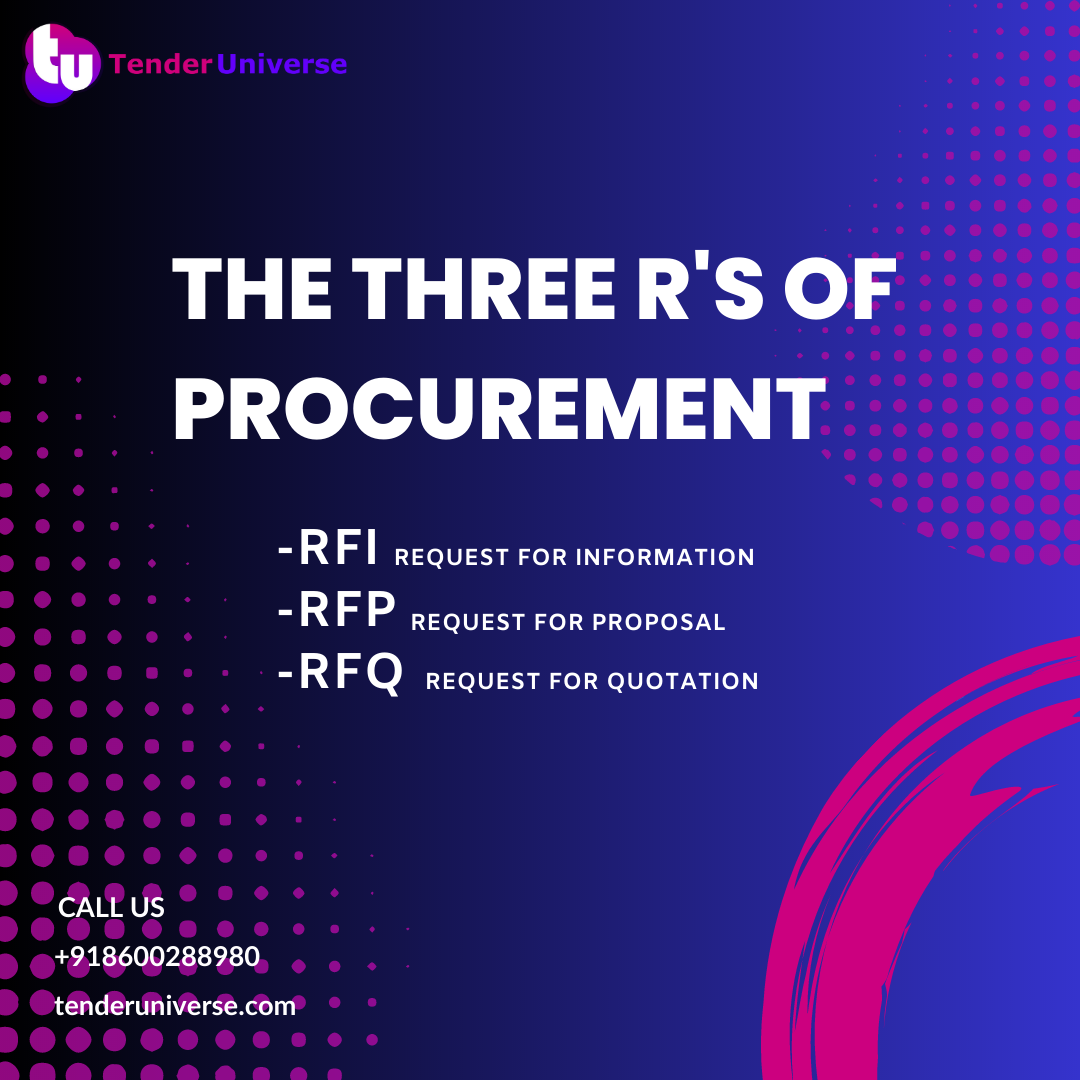


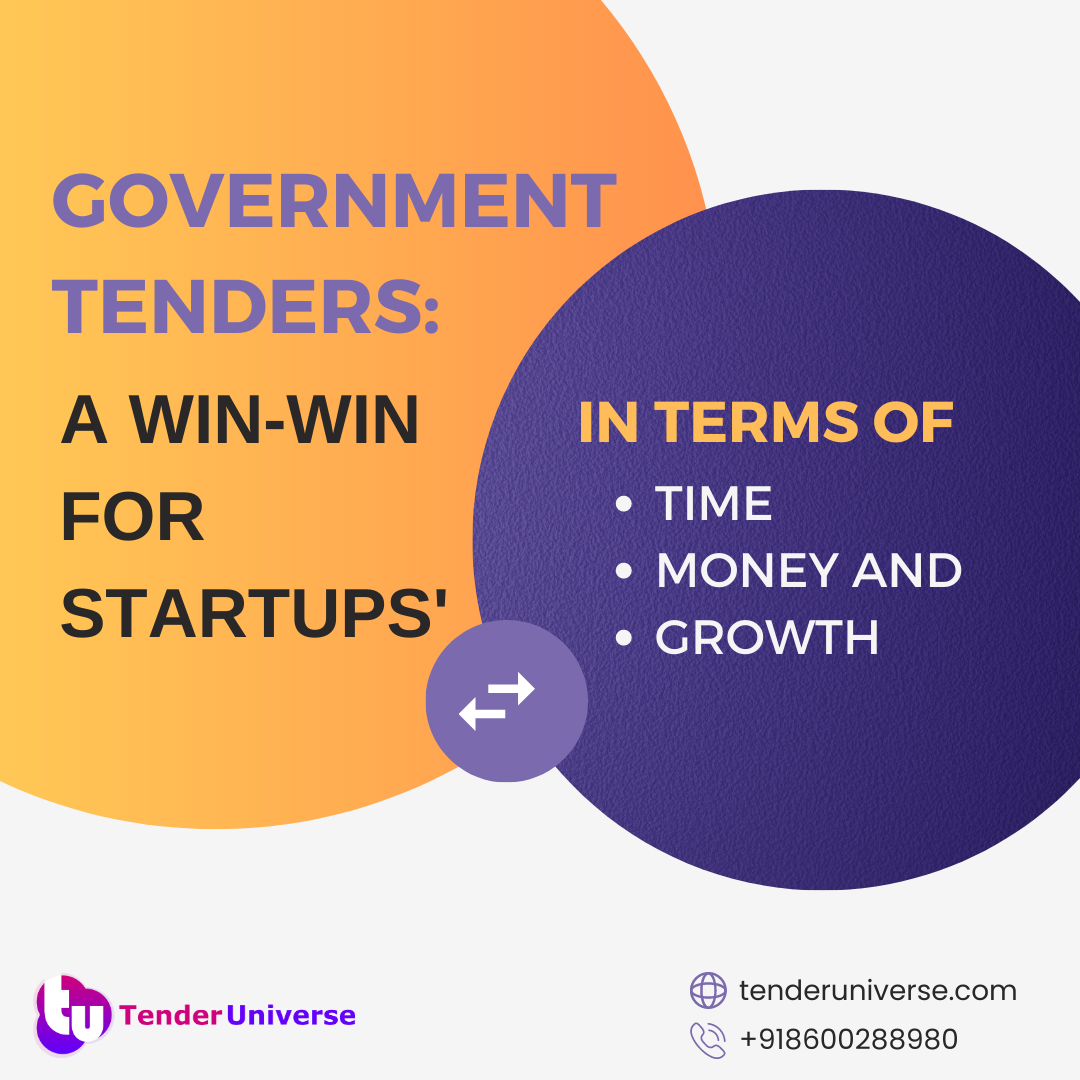

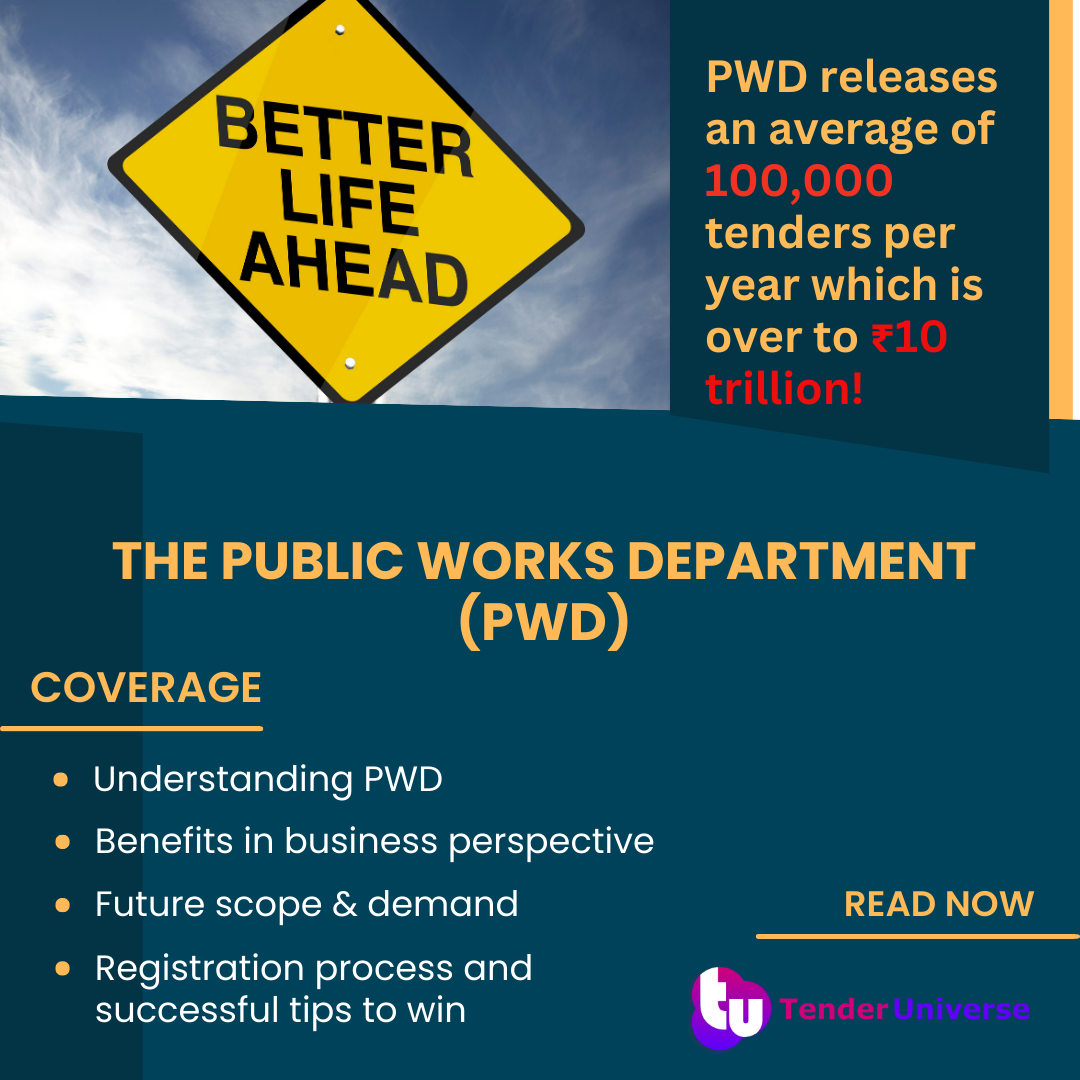

.png)
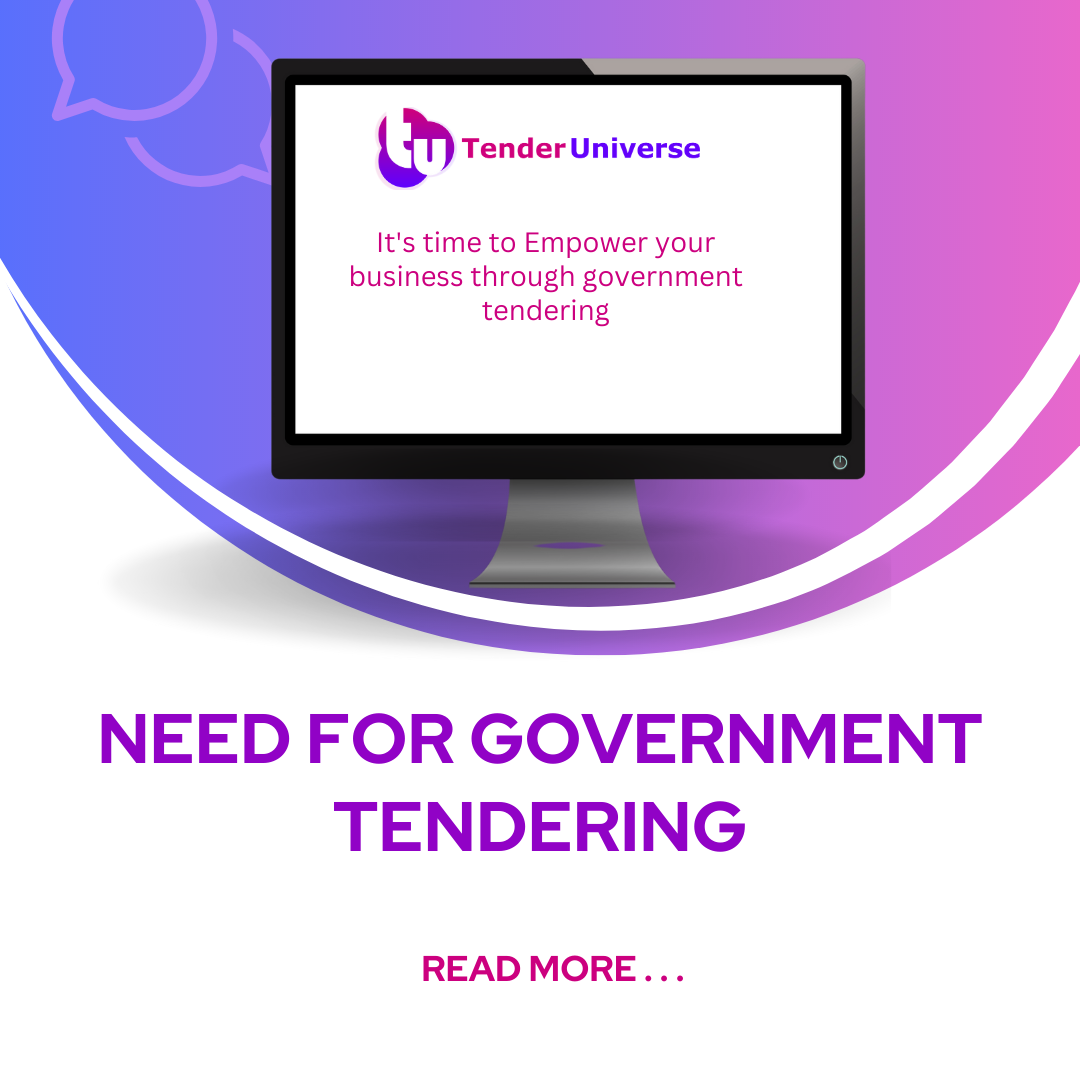
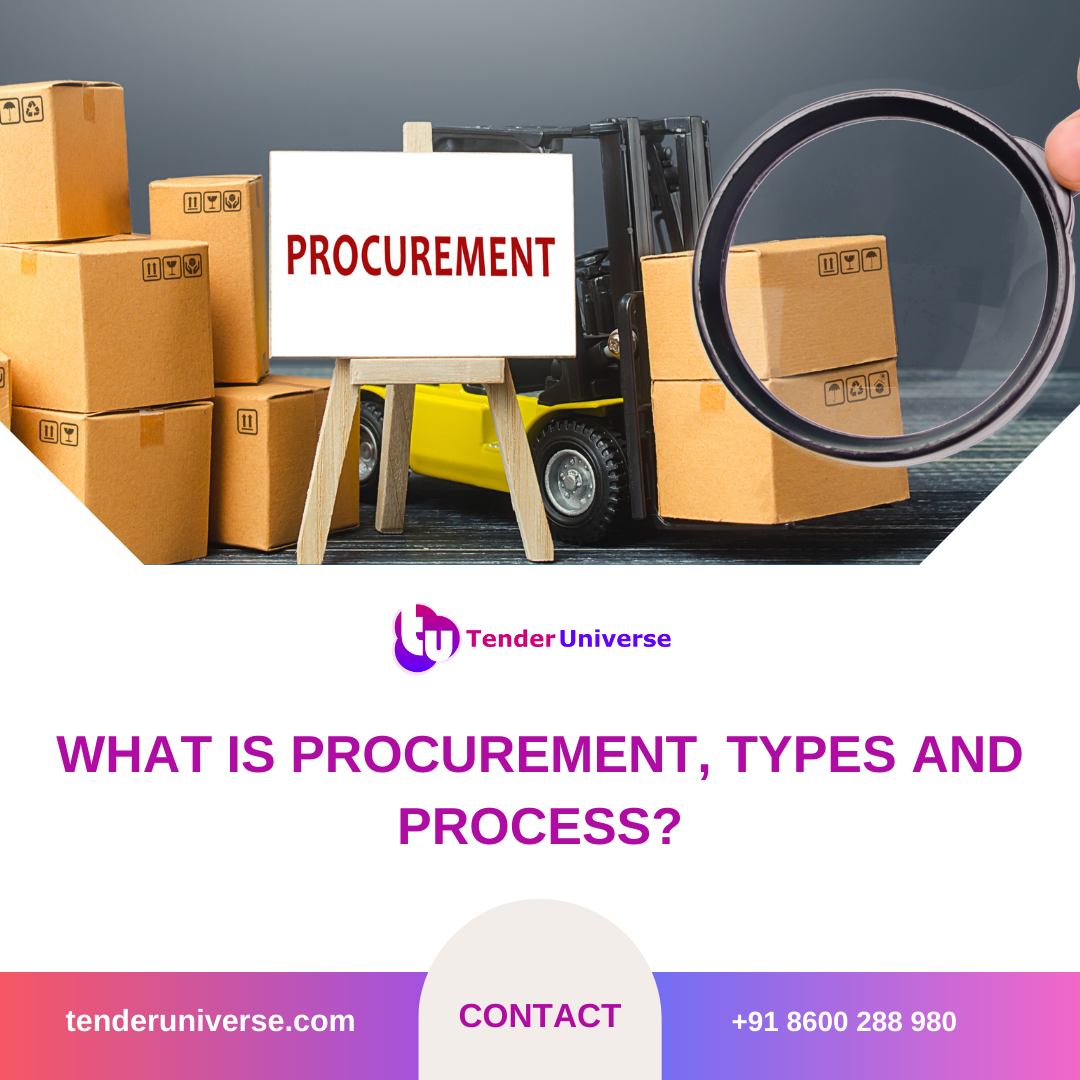
.png)